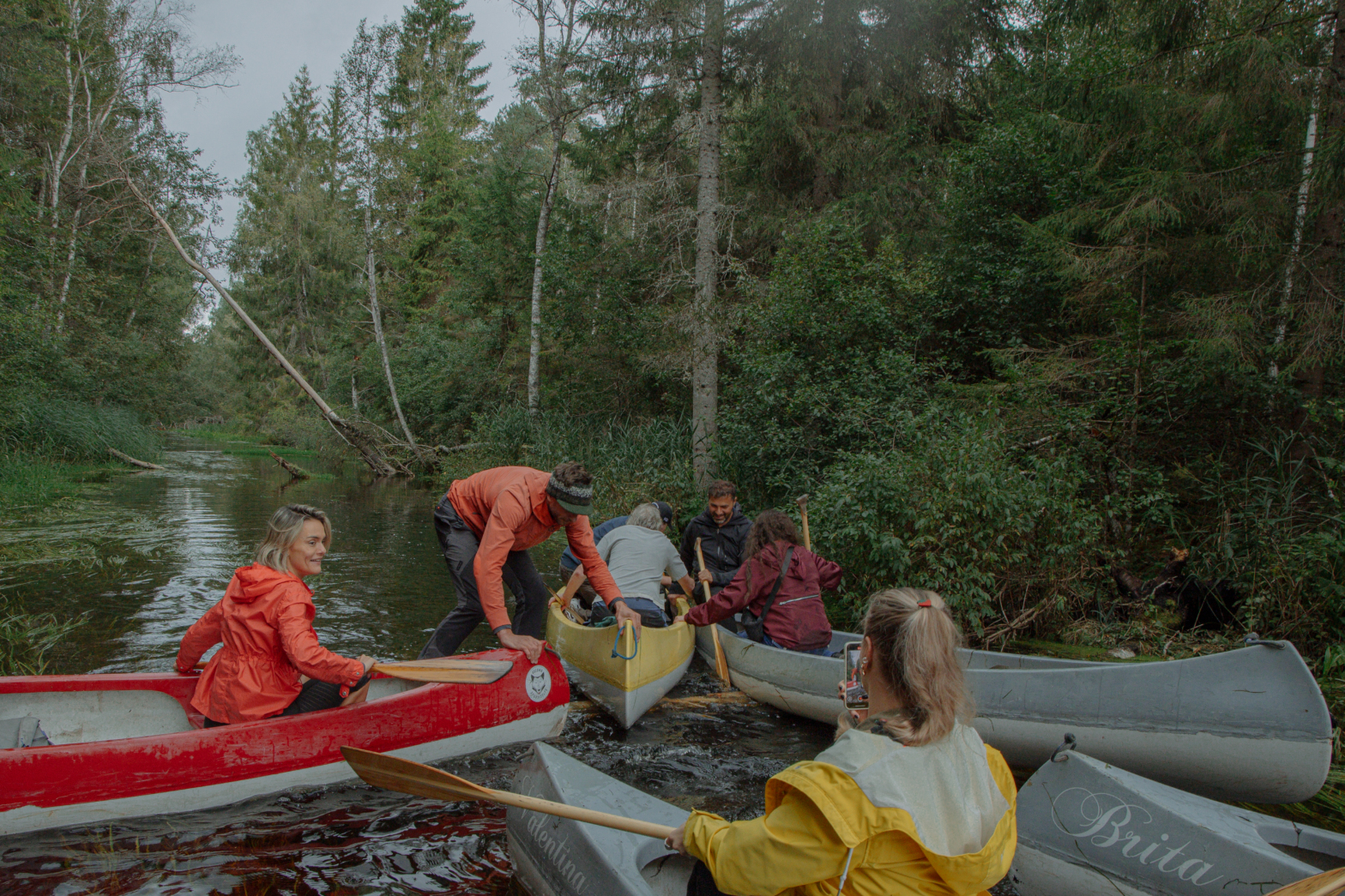The Smart City Challenge 2024 has reached an important stage, with six innovative project proposals advancing to the finals. These proposals, selected after thorough evaluation, hold great promise for improving urban living.
Supported by expert researchers and piloting cities, the finalists will refine their solutions, validate the need for them, and identify potential customer segments. Full project proposals are due by April 30.
An investment of 3.7 million euros will fund maximum four pilot projects focusing on an interdisciplinary approach to developing innovative solutions. These projects aim to ensure long-term sustainability and scalability. Each initiative will promote international collaboration, involving at least one piloting city from Estonia and one from another country.
Discover the exciting lineup of finalists and their innovative ideas!



